Category: Modine EV
-
What to Consider: Thermal Management for Hydrogen Fuel Cell Electric Vehicle
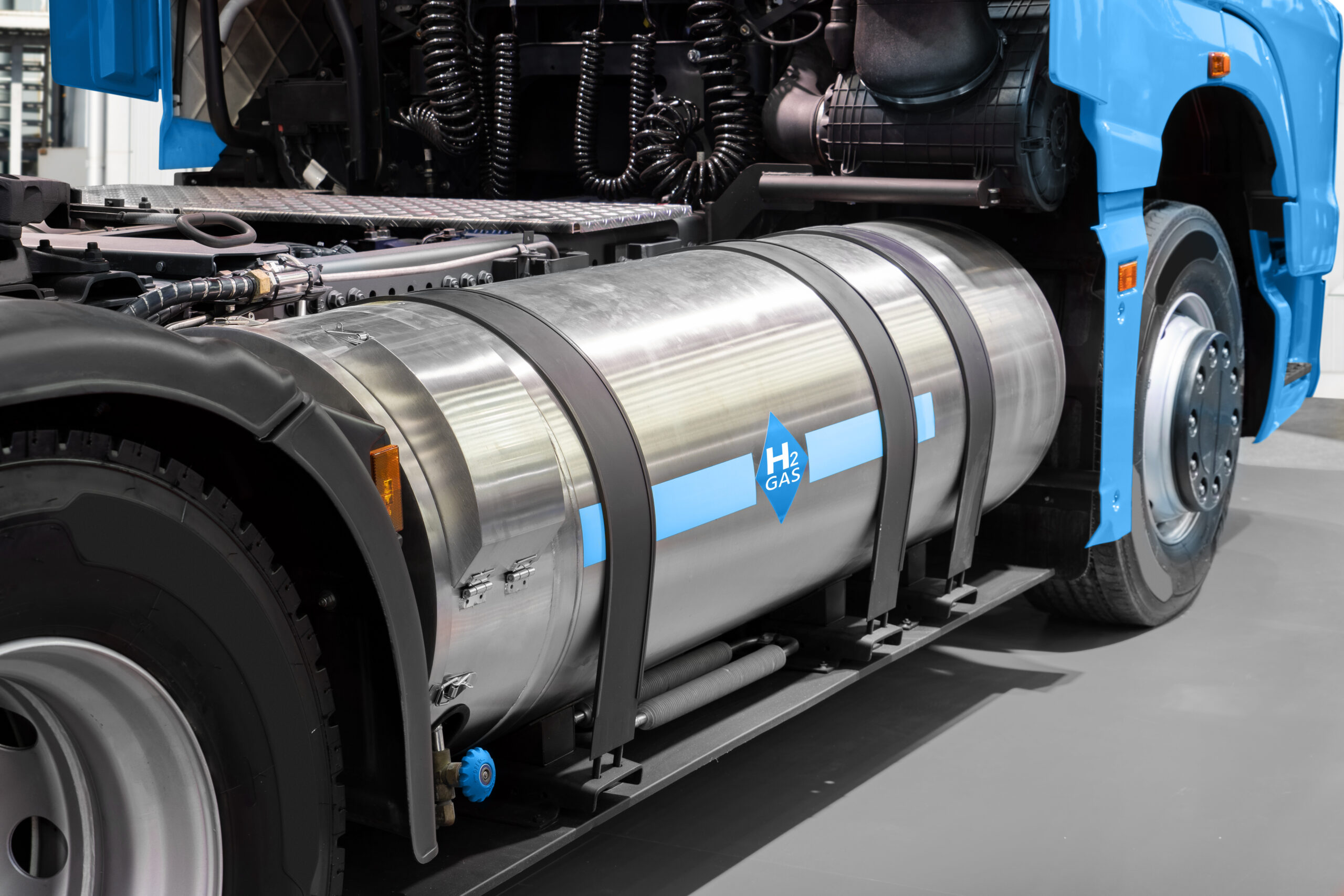
Commercial vehicles perform a wide range of duties: from conveying packages around towns, to transporting commuters to work, to moving freight across continents. For those vehicles that must travel long distances without stopping, and that must be free from tailpipe CO2 emissions, a fuel cell electric vehicle is a well suited choice. Additionally, the fast…
-
How a BMS Works with a BTMS
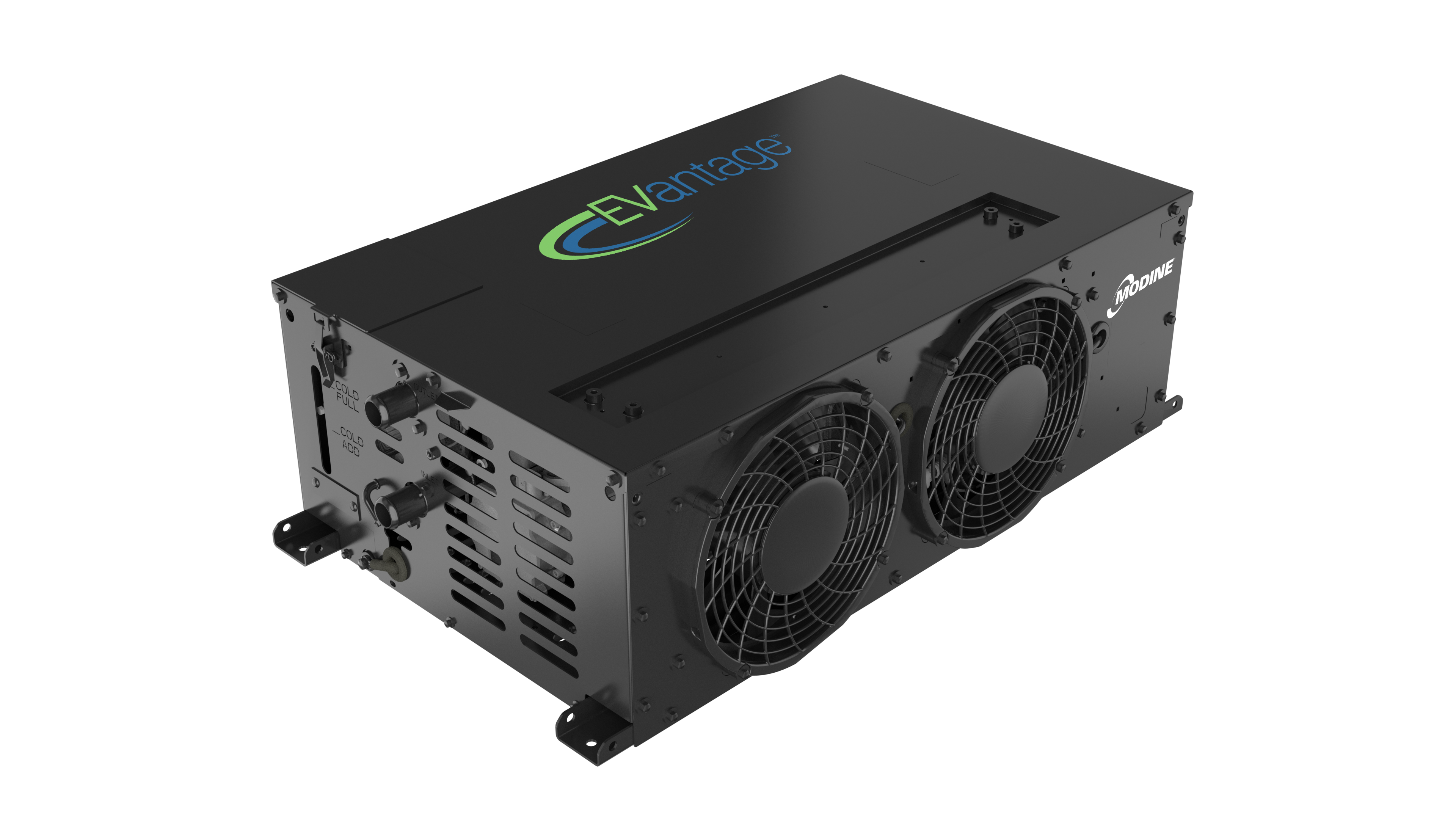
To ensure a vehicle operates at its optimal performance, a Battery Management System (BMS) and Battery Thermal Management System (BTMS) need to work together to keep the battery packs at their optimal temperature range—typically 20°C to 45°C. Healthy battery temperatures set the electric vehicle (EV) up for extended range, longevity, and performance. The BMS is…
-
The Importance of Quality Management Systems

Modine’s dedication to providing our customers with the best quality products is evident in everything we do. To accomplish this, we make every effort within our internal processes to uphold the highest quality standards. Quality is a part of all aspects of our business, and we accomplish this by instituting a quality management system (QMS)…
-
How it Works: Hydrogen Fuel Cell Electric Vehicle
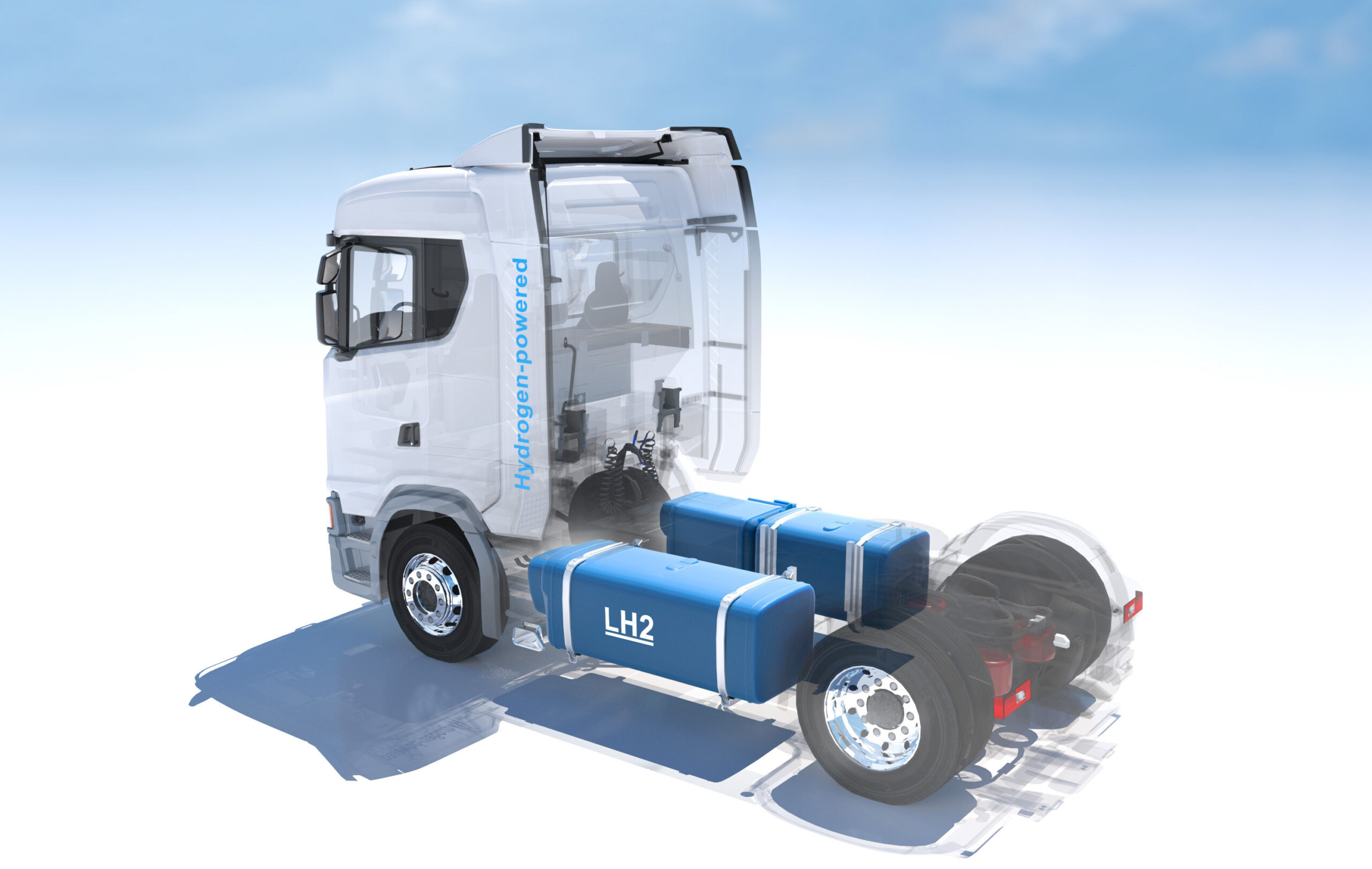
Battery electric vehicles are grabbing many headlines through trailblazing companies in the automotive industry. However, there is another technology, which receives less publicity, that also produces no tailpipe CO2 emissions and propels the vehicle by electricity: The Hydrogen Fuel Cell Electric Vehicle. These are well suited to certain commercial vehicle applications, and as with the battery…
-
Navigating Thermal Management Solutions for Commercial Zero-Emissions Vehicles

Battery Thermal Management Systems Thermal management is vital for vehicle operation, range, and longevity when designing commercial zero-emissions vehicles. Navigating what you need for your commercial electric vehicle can seem daunting, so knowing what to look for is essential. The first thing to understand is determining what your battery packs need to stay operational for…
-
What You Need to Know: Integrating a BTMS into a Vehicle
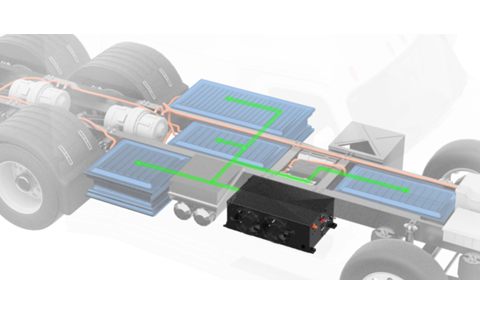
Integrating a Battery Thermal Management System (BTMS) on a Commercial Electric Vehicle (EV) holds the key to enhancing safety, extending range, and optimizing efficiency. The BTMS constantly communicates with the Battery Management System (BMS) to monitor the battery temperature(s) in real time. The BTMS adjusts the coolant temperature to maintain the batteries within an optimal…
-
Hydrogen as an alternative fuel source
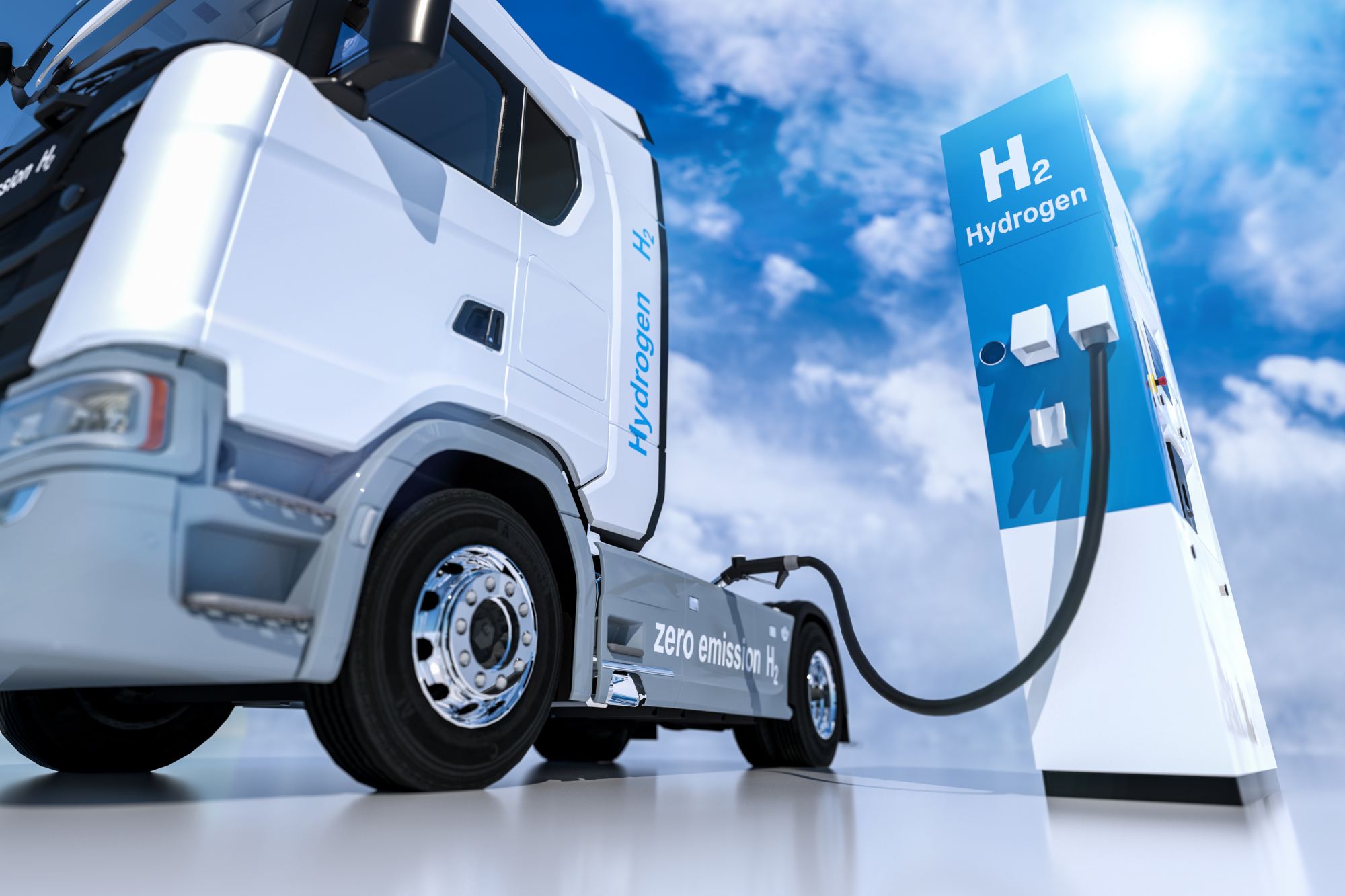
Sustainability is a popular topic amongst engineering professionals in the vehicular industry. Dating back to 1889, when Adreas Flocken showcased the Flocken Elektrowagen (first battery electric car), the idea of sustainable vehicles was conceived early in automotive history and has continued through to the present time, influencing commercial and industrial vehicle development. In the early…
-
Compressors for Commercial EV Battery Thermal Management Systems
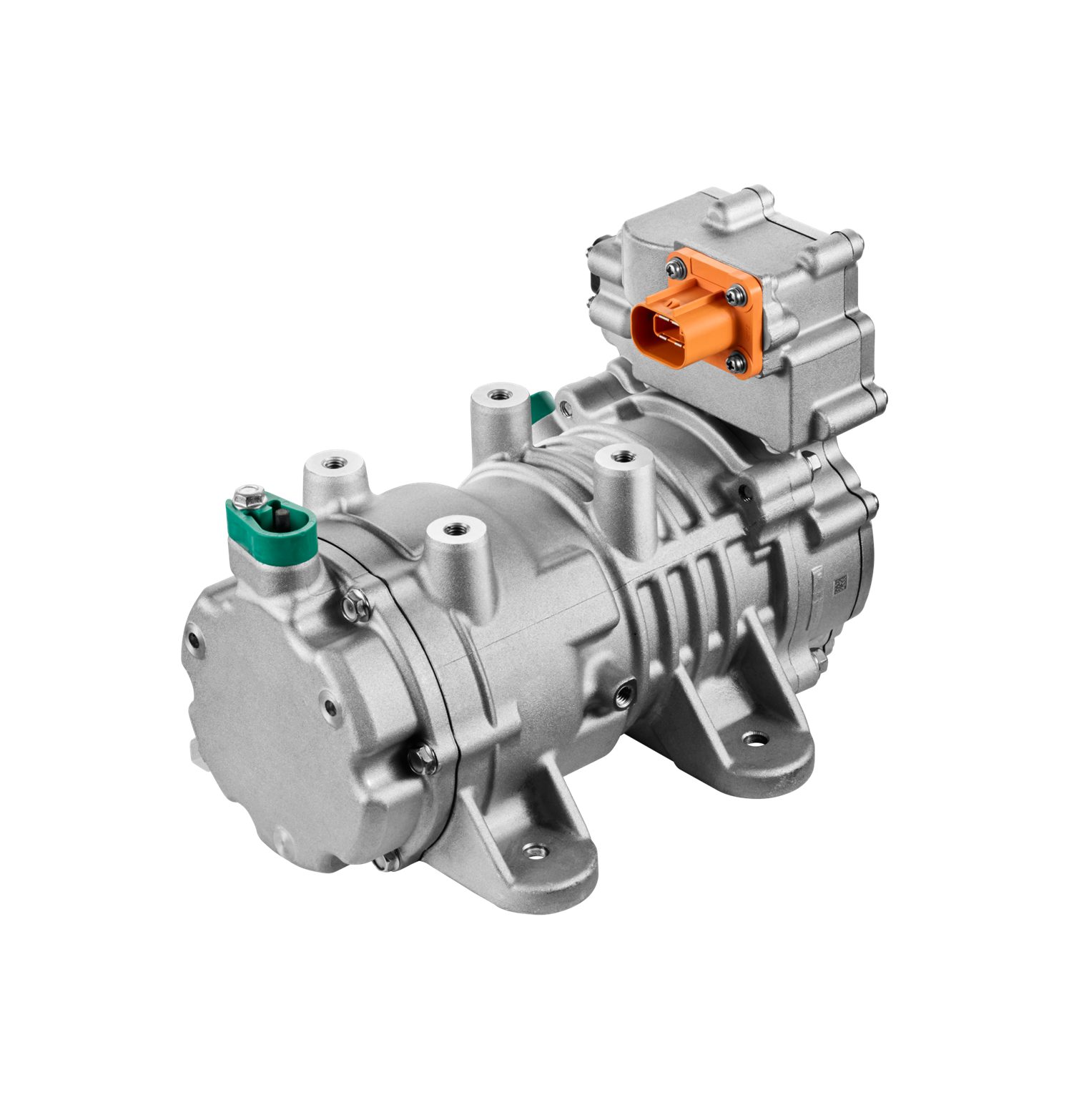
Cooling is an essential part of any electric vehicle. This is because battery life and performance depend upon the battery being kept within its optimum temperature range, typically between 20°C and 45°C. As batteries discharge and provide energy to the vehicle, they heat up; charging also builds heat in the battery. Therefore, cooling may be…
-
Enabling School Bus Electrification: How Thermal Management Paves the Way for Greener and Safer Transportation

School buses are much more than a mode of transportation. The sight of the iconic yellow bus evokes feelings of nostalgia and community. From its color to its shape, the school bus has a timeless and classic aesthetic that has become an integral part of our culture and shared childhood experiences. However, as the need…
-
Revolutionizing Commercial Vehicle Cooling: The Aluminum Tank E-FAN Cooling Module (AT-ECM)
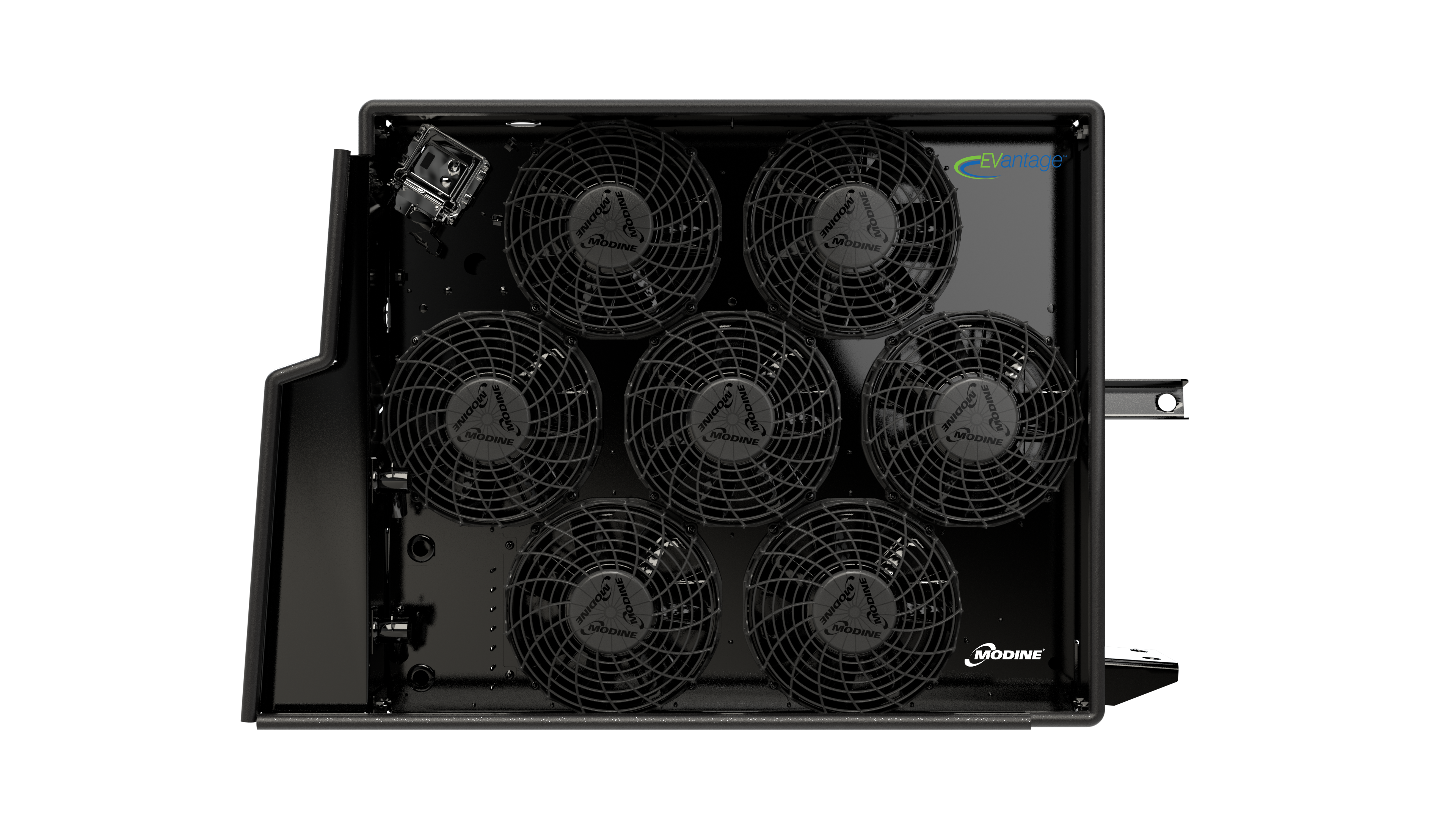
In the world of commercial vehicles, engines generate substantial heat during operation due to the combustion process. While crucial for performance, this process produces excess heat, necessitating an efficient cooling system to ensure optimal functionality and engine longevity. Traditional commercial vehicle engines rely on mechanical fans, radiators, and coolant systems, but the demand for more…